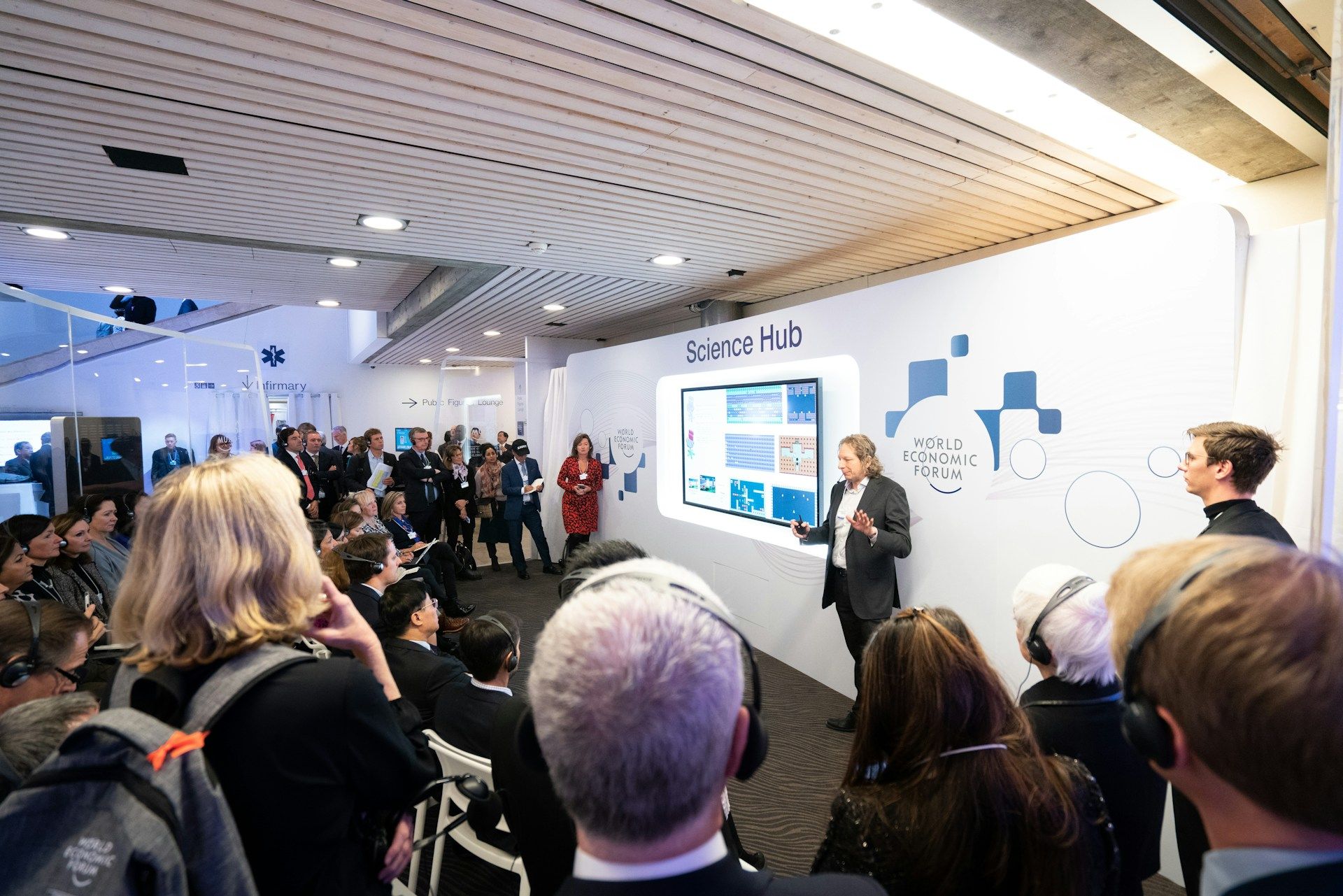Explorance World 2026: Register now!
Sign up by Feb. 27, 2026, to lock in Early Bird pricing.
Get Your Explorance World 2026 Ticket Explorance Blog
Keep up to date with the latest information, tips and tactics about feedback analytics and insights
Featured Articles

Faster, Smarter, More Accessible Feedback Analytics with Explorance Blue 9.6
Explore the latest Blue 9.6 update, featuring faster report generation, full accessibility compliance, improved project management, and enhanced AI-powered feedback analysis
3 min read

How to Bridge the Gap Between Learning Measurement in a Skills-Based World
Practical ways to connect skills, measurement, and business outcomes for effective L&D in a skills-based workplace.
11 min read

Course Evaluation Examples: Must-Have Templates & Questions to Improve Teaching and Student Engagement
Discover course evaluation templates, sample questions, and best practices to collect better student feedback, improve teaching effectiveness, and boost learning outcomes.
15 min read
Latest Articles

Newsletter
Stay connected with the latest updates and news from Explorance.
Copyright 2026 © Explorance Inc. All rights reserved.